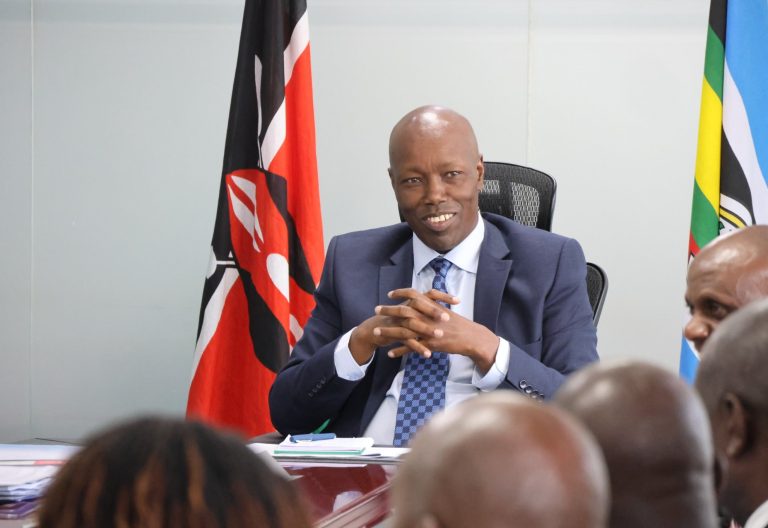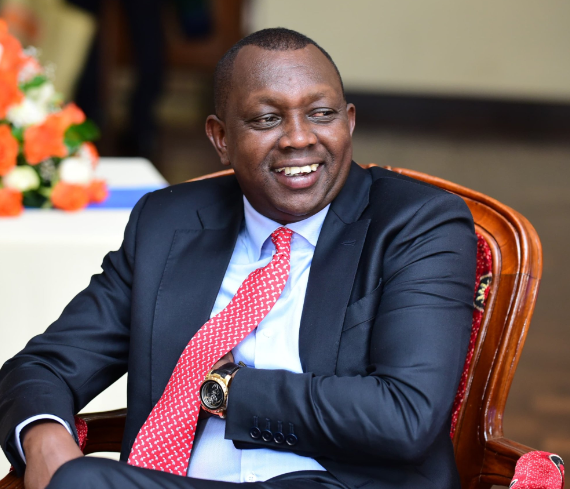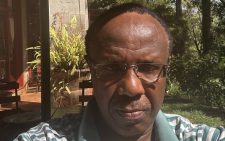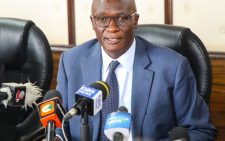Why students who fall sick are on their own
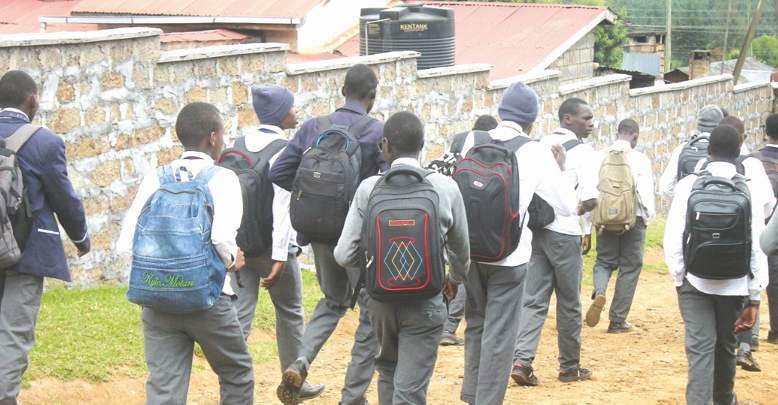
The government was yesterday hard pressed to explain the fate of thousands of students who fall ill in public secondary schools following the termination of EduAfya programme in December, last year.
Education Principal Secretary Belio Kipsang was put to task by the National Assembly Education Committee to explain mitigation measures the ministry has put in place owing to medical challenges learners are facing following the withdrawal of the scheme.
The committee, led by Vice-Chairperson Malulu Injendi, specifically sought to know the fate of learners who had travelled abroad for treatment after Dr Kipsang said their parents were notified of the impending end of the programme.
“Did the Ministry of Education not foresee and put in place a transition arrangement for those already in the programme not only abroad but also locally?” asked Nabii Nabwera, the Lugari MP.
Of particular concern to the MPs were remarks by the PS that the ministry wrote to parents of nine learners seeking medical treatment abroad and notified them of the status of the programme.
Similarly, the PS was on the receiving end when he said parents of the said learners were advised to seek alternative covers to complete their medication.
The committee did not also welcome Kipsang’s statement that among those seeking treatment in India and wished to return to Kenya, were advised to write to the National Health Insurance Fund (NHIF) via email to facilitate their travel back to the country.
But Kipsang explained saying: “Termination of EduAfya programme has posed some challenges, which the ministry has worked with stakeholders to address. However, four of the nine students are back in the country and continue to be supported, one was been moved to parents’ cover while four others are still in India receiving treatment. No treatment has been stopped.”
The PS also told the MPs that the ministry wrote to their Health counterparts to alert them of the pending cases under the EduAfya programme so that they are not abandoned mid way.
“For the nine students, we committed that they will be treated until they are able to come back and we also wrote to the Ministry of Health to ensure those in India continue with their treatment.
He also explained that there were no challenges with the National Education Management Information System (NEMIS) when EduAfya was running and for those not captured, schools would identify the children as they seek medical attention.
The PS also told the committee that there were claims that had been submitted within the contract period under the last expense and group life service, which are being processed and will be paid.
Kipsang stated that the funds that would have been utilised for EduAfya have been disbursed to schools as part of capitation and learning institutions will continue to oversee the well-being of learners.
The PS said the programme was launched in 2018 as part of the journey towards Universal Health Coverage (UHC), targeting three million learners at the time in public secondary schools.
He explained that the cover was meant to ensure learners have access to necessary healthcare services, which also relieved parents and guardians from the out of pocket medical expenses as well as promoted retention in schools.
In 2018, there were 286,883 claims which reduced to 245,460 in 2019 but rose to 512,341 in 2020.
The claims further rose to 1.1 million in 2021 and a further 1.4 million in 2022 but the contract for EduAfya implementation, signed between the Ministry and NHIF to cover a five year period ended on December 31 last year. The contract was not renewed because NHIF was winding up in line with the provisions of the Social Health Insurance Act, 2023.
“Section 54 of the said Act repealed the NHIF Act 1998. Section 5(i) of the first schedule to the Act also stipulates that upon operationalization of the Social Health Insurance Act 2023, the NHIF shall not provide enhanced benefit schemes and packages,” explained the PS.
He stated that all learners in public schools will benefit from the universal health programme provided by the Government following the enactment of Social Health Insurance Act 2023.
The PS explained to the committee Members that the Act introduces three new funds to secure public funded healthcare namely Primary Healthcare Fund, Social Health Insurance Fund and Emergency, Chronic and Critical Illness Fund.
New legislative framework, Kipsang explained, will help address issues like low health insurance coverage among learners, provide relief to parents from high out of pocket expenditure and ensure a healthier student population, issues that EduAfya sought to address when it started in 2018.
“The significant stride towards universal health care as captured in the Act renders continuation of EduAfya unnecessary. The Act now promises a truly universal health coverage, unlike EduAfya which was limited to secondary school learners,” Kipsang explained.
According to the PS, the framework will cater for deserving learners in pre primary and primary as well, adding that the roll out will commence once the Ministry of Health finalizes the relevant regulations for implementation.








